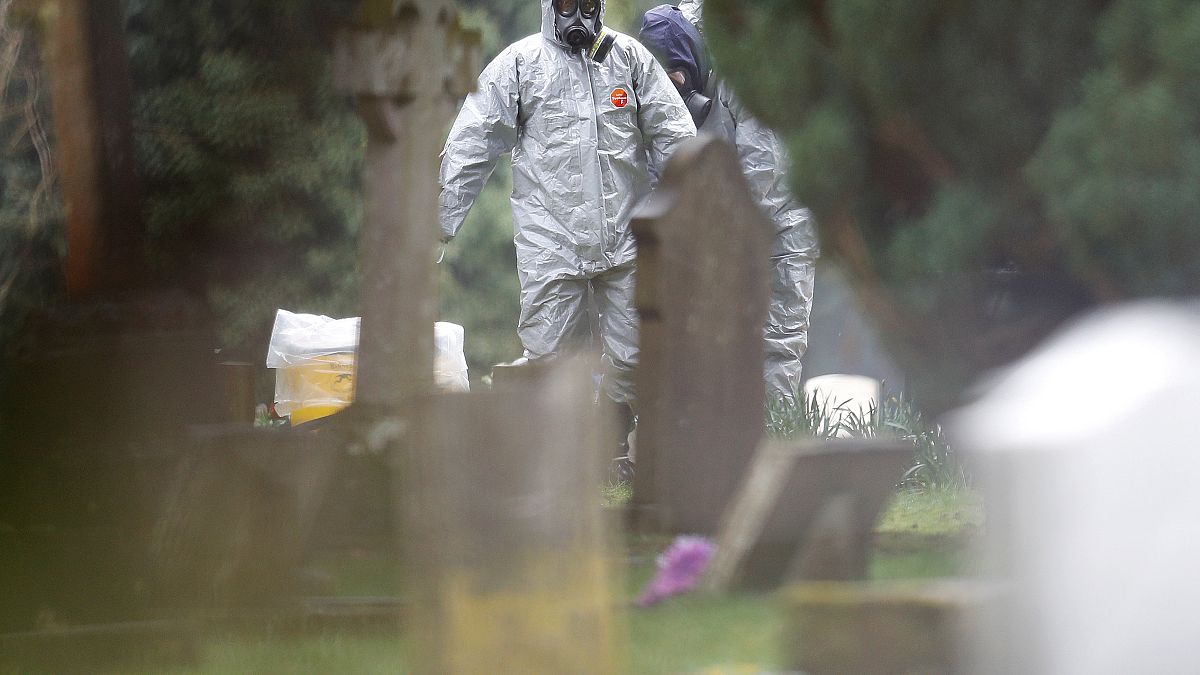The Organisation for the Prohibition of Chemical Weapons (OPCW) has rejected Russia's request to be involved in the inquiry into the nerve agent attack in Britain in March.
The international chemical weapons watchdog at The Hague has turned down Moscow's request for a joint investigation into the poisoning of a former Russian spy and his daughter in England in March.
Russia called for the meeting at the Organisation for the Prohibition of Chemical Weapons (OPCW) to challenge the United Kingdom over its claims Moscow was responsible for the nerve agent attack in Salisbury.
But it lost the vote 15 to six, with 17 member states abstaining.
Russia's permanent representative to the OPCW, Alexander Shulgin, said the investigation was not transparent and that Russia had been sidelined.
The Kremlin has repeatedly denied any involvement.
"We are told that we can only be informed about the result of the investigation done by experts of the OPCW in England if the British wish it, but knowing how our British so-called partners have behaved, we cannot count on goodwill," he said.
Former double agent, Sergei Skripal, 66, remains in a critical condition in hospital.
His daughter, Yulia Skripal, 33, is said to be conscious and talking.
Both were poisoned by the military grade novichok nerve agent which was developed by Russia.
A police officer was also affected but has since recovered and been released from hospital.
The OPCW expects to receive independent laboratory tests of the poison within a week.
